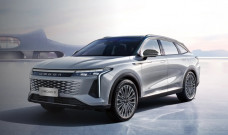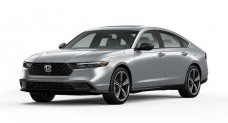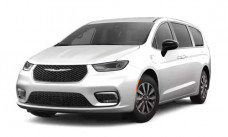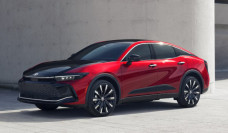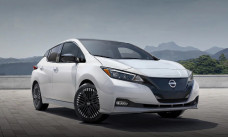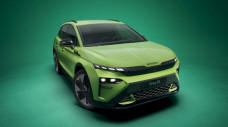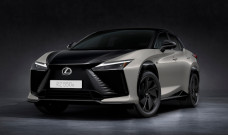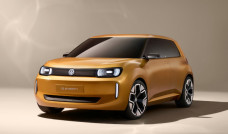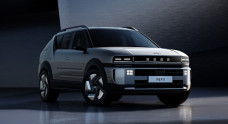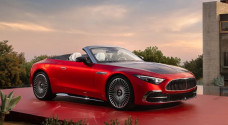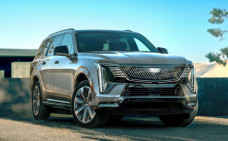McLaren introduces the W1, a $2.1 million hybrid hypercar with Formula One technology, delivering record-breaking performance.
McLaren has officially unveiled the W1, a hybrid supercar that aims to redefine performance standards in the automotive industry. Priced at $2.1 million, the W1 boasts an impressive 1,275 bhp and 1,343 Nm of torque, allowing it to reach a top speed of 350 km/h. The launch date coincided with the 50th anniversary of McLaren’s first F1 Constructors' Championship win in 1974, further emphasizing the company’s racing legacy. With only 399 units slated for production, all of which are already sold, the W1 is set to become one of the most exclusive cars ever made.
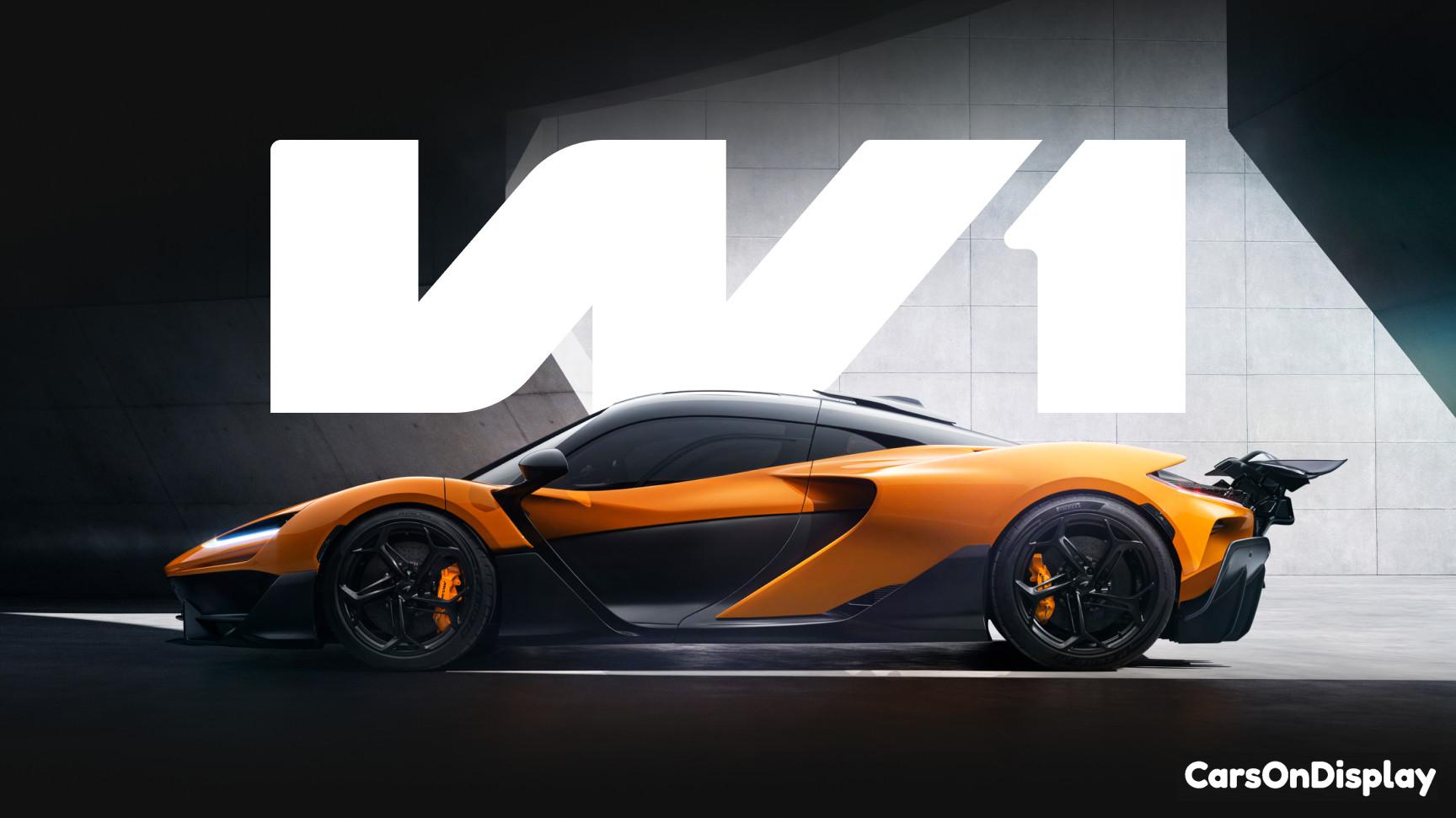
The McLaren W1 features a striking design that showcases the brand's signature aesthetics. With extensive use of carbon fiber and 3D-printed components, the vehicle is not only lightweight but also structurally sound. The aggressive exterior is complemented by a cockpit designed with a Formula One influence, featuring a driver-focused layout and high-quality materials.
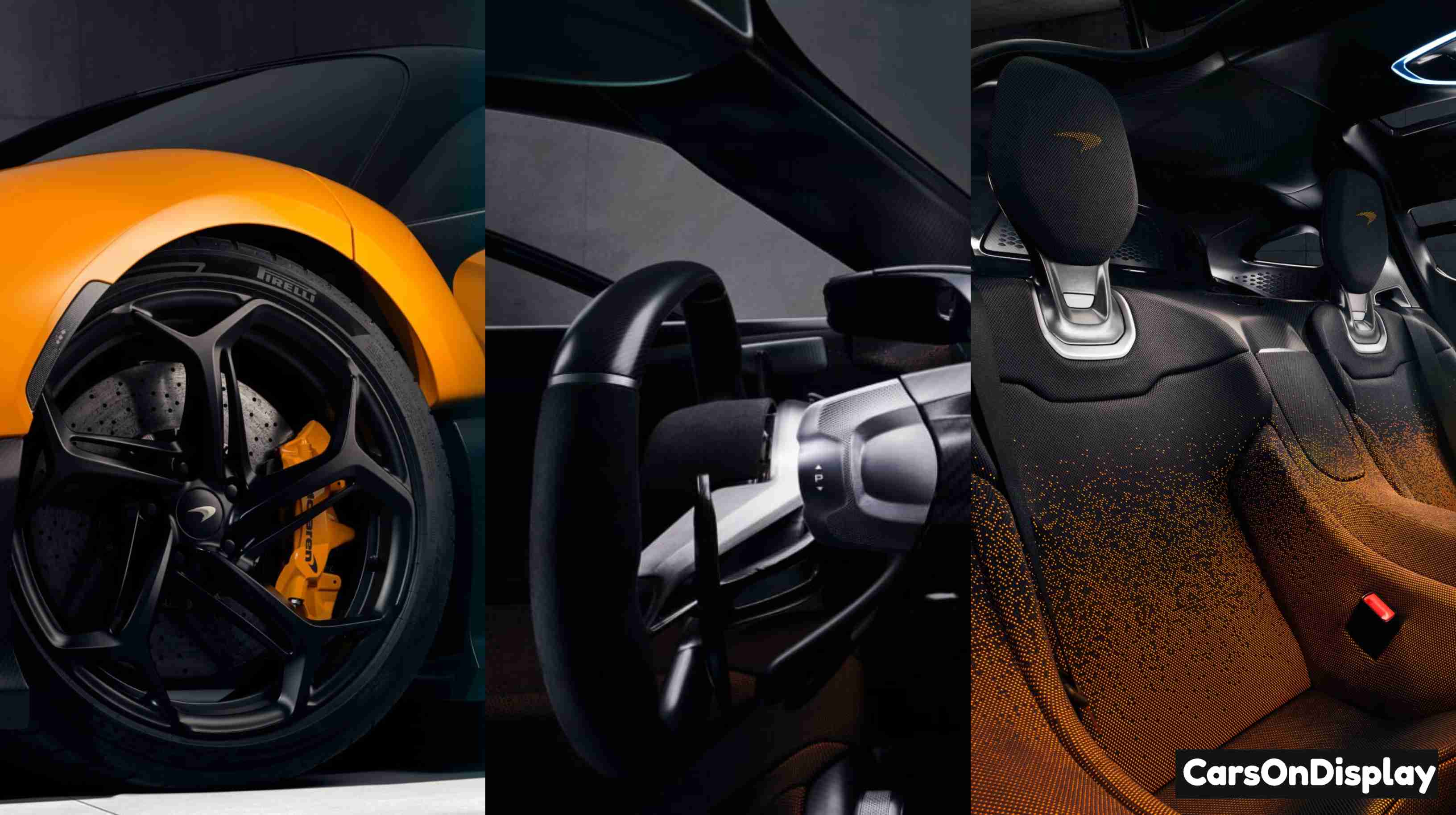
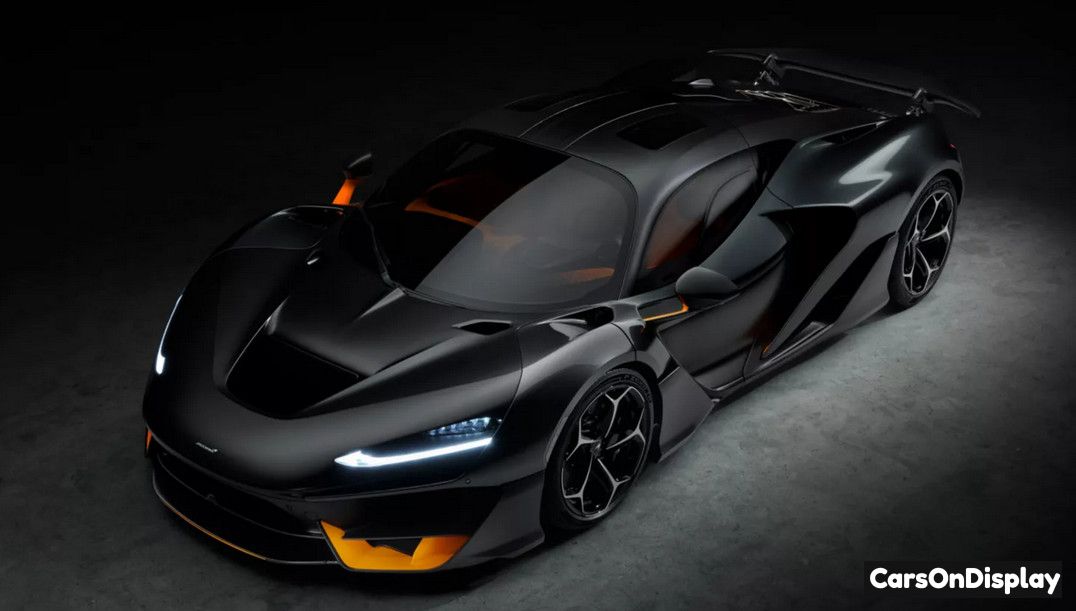
A key highlight of the W1 is its advanced aerodynamic design. The car incorporates ground-effect aerodynamics, making it only the second road car to do so after the Aston Martin Valkyrie. The W1 generates a remarkable 1,000 kg of downforce in its most dynamic mode. Its Active Long Tail rear wing extends to enhance downforce without increasing drag, contributing to stability and predictability during high-speed cornering.
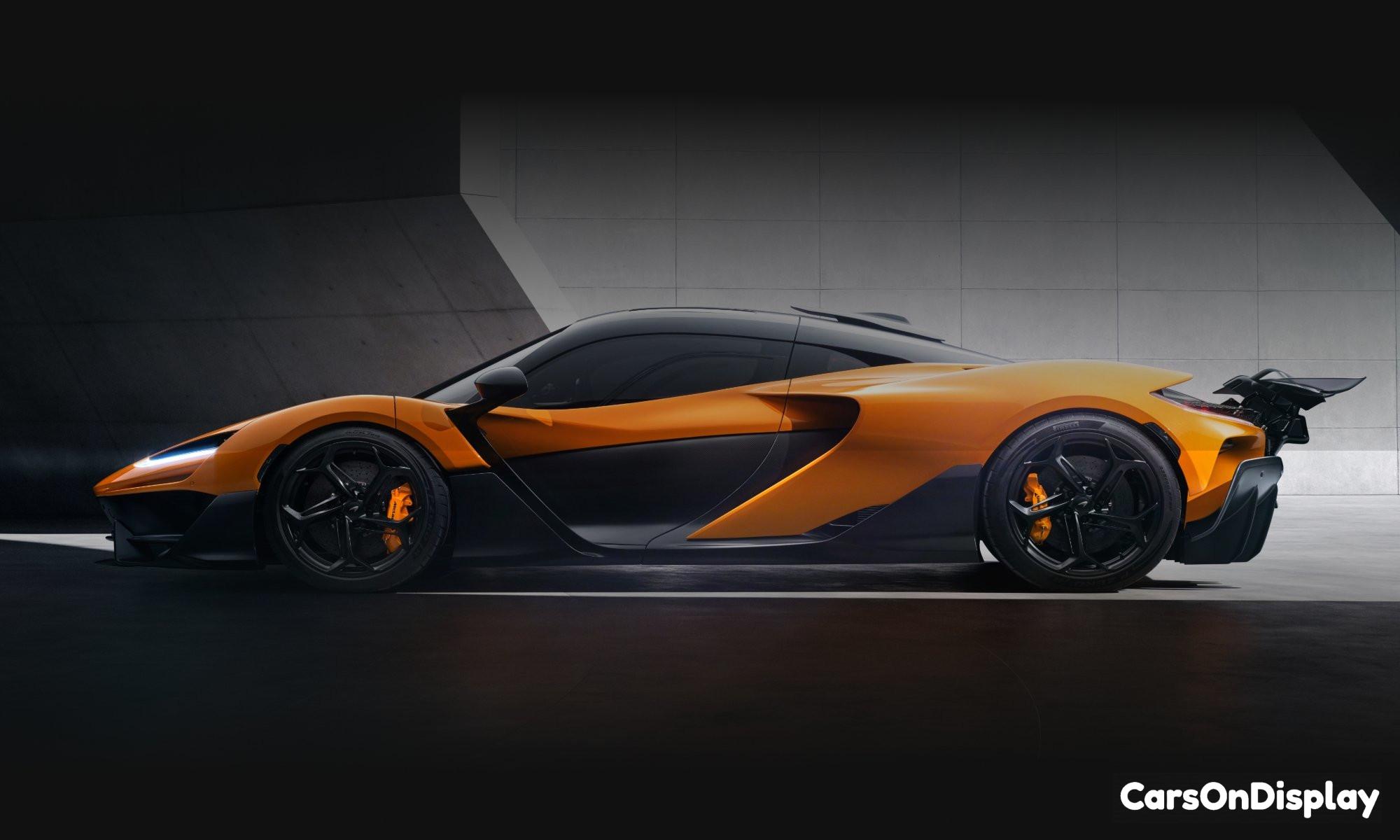
Powering the McLaren W1 is a hybrid system that includes a 4.0-litre twin-turbo V8 engine delivering 928 hp and a 347 hp electric motor. This innovative powertrain enables the car to achieve 0-100 km/h in just 2.7 seconds, with impressive acceleration times of 5.8 seconds to 200 km/h and 12.7 seconds to 300 km/h. The W1's 1.38 kWh battery not only enhances performance but also offers the capability for electric-only driving up to 2 km.
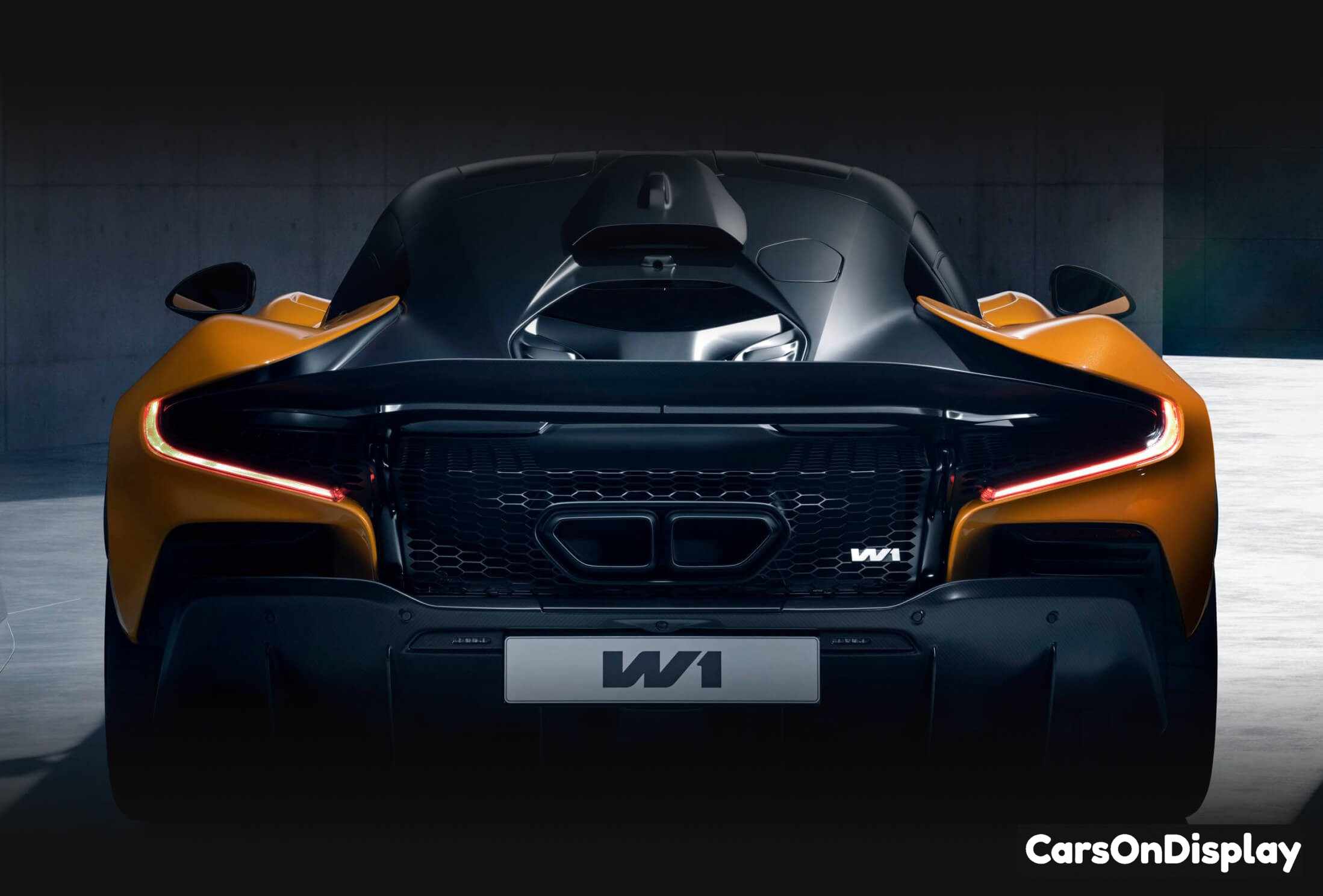
The W1 is equipped with various driving modes that cater to different driving conditions. Comfort mode focuses on a smooth ride, while Race mode unlocks the car's full performance potential. The car's suspension system, McLaren Race Active Chassis Control III, adapts to provide the best handling whether on the road or the racetrack.
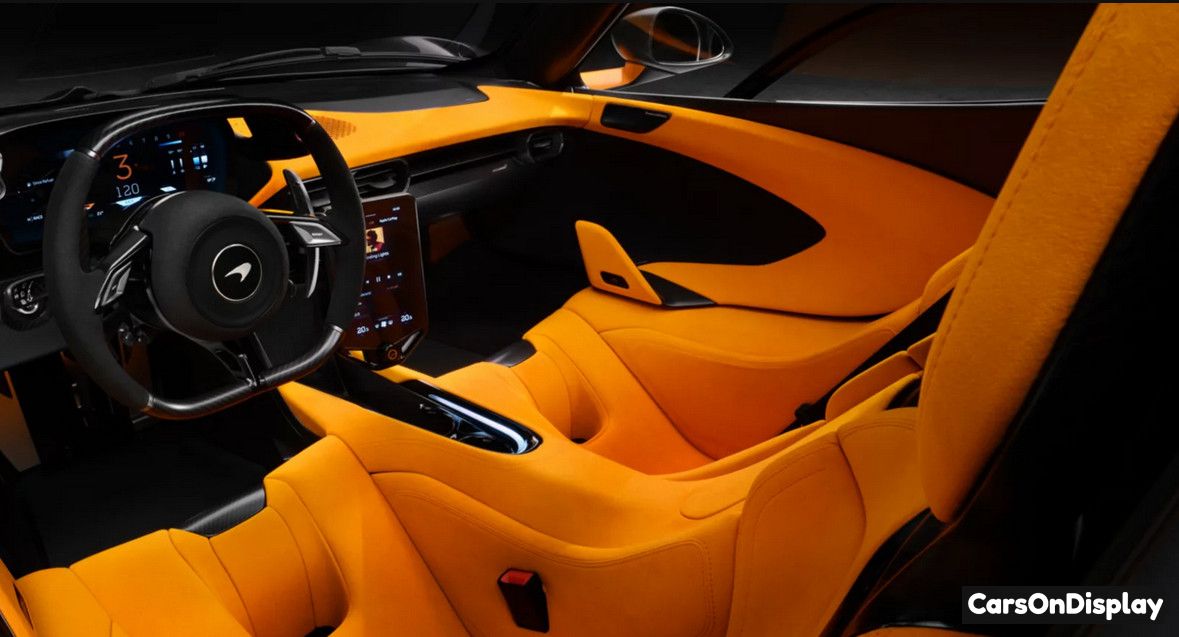
Inside the McLaren W1, comfort is prioritized alongside performance. The cockpit is designed for optimal visibility and driver ergonomics. Key features include:
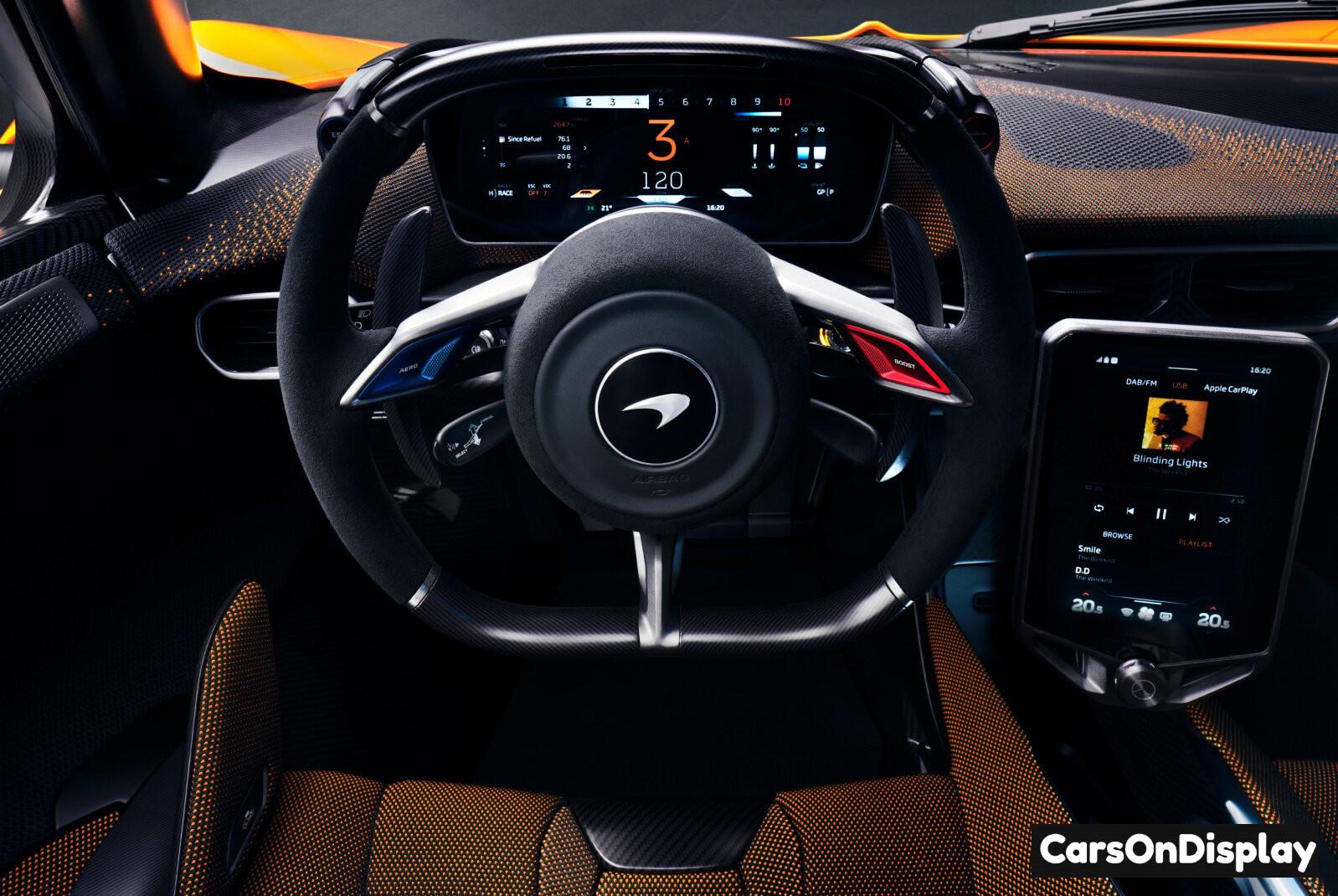
- An 8-inch touchscreen for connectivity
- Storage space for two weekend bags or helmets behind the seats
- McLaren promises that the W1 will be usable in everyday conditions, unlike many hypercars that can feel impractical.
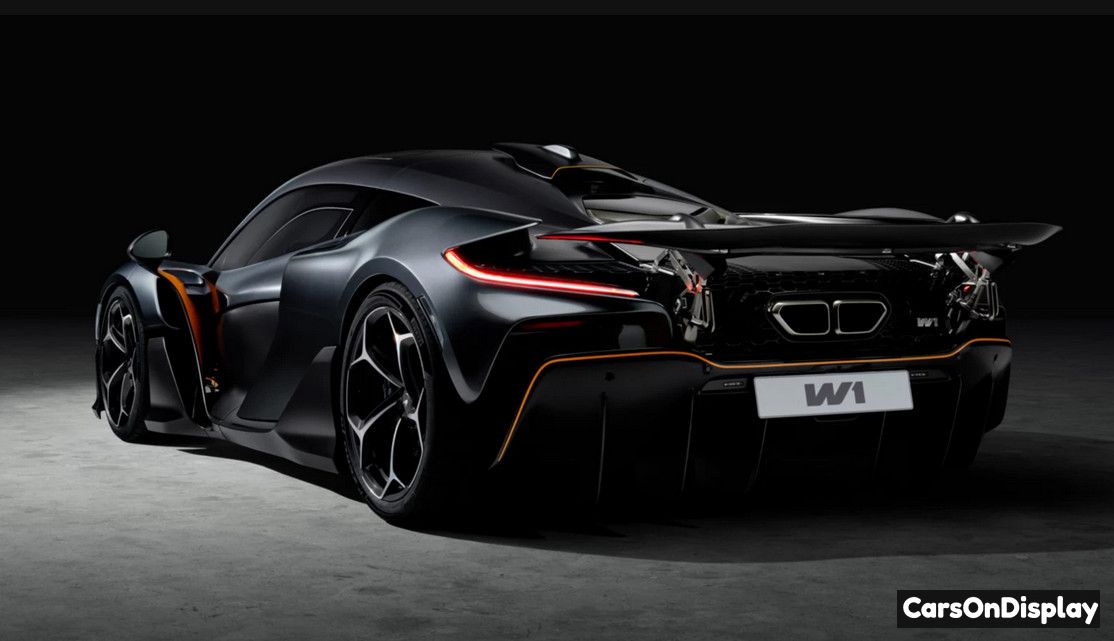
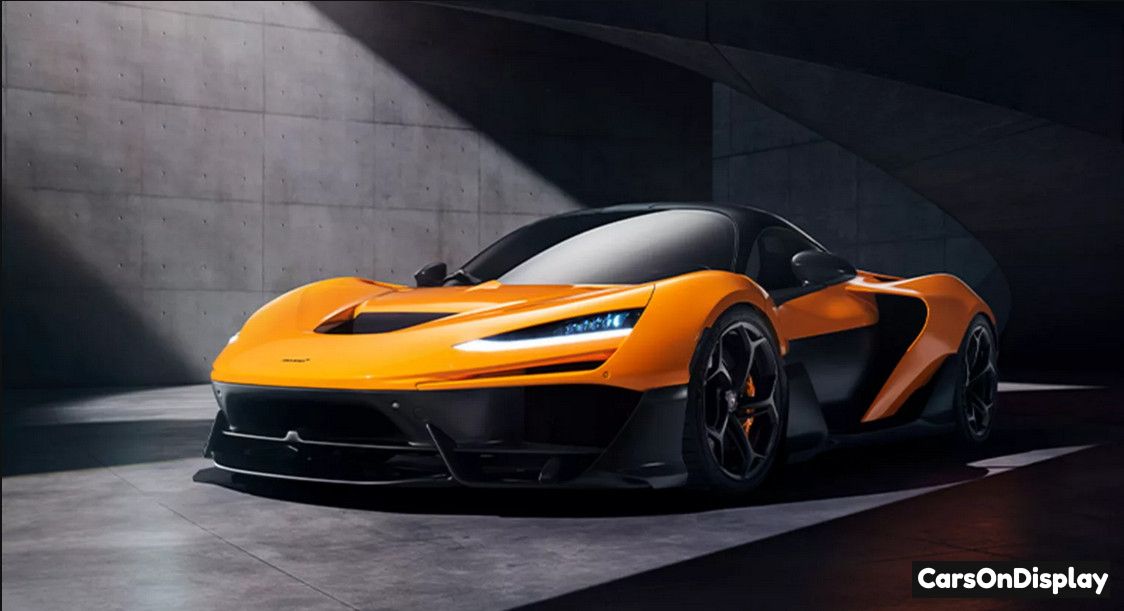
Production of the McLaren W1 is limited to 399 units, all of which have already been sold, with deliveries set to begin in 2026. Each vehicle comes with a four-year service plan, including twelve-month service intervals, ensuring ongoing support for owners.
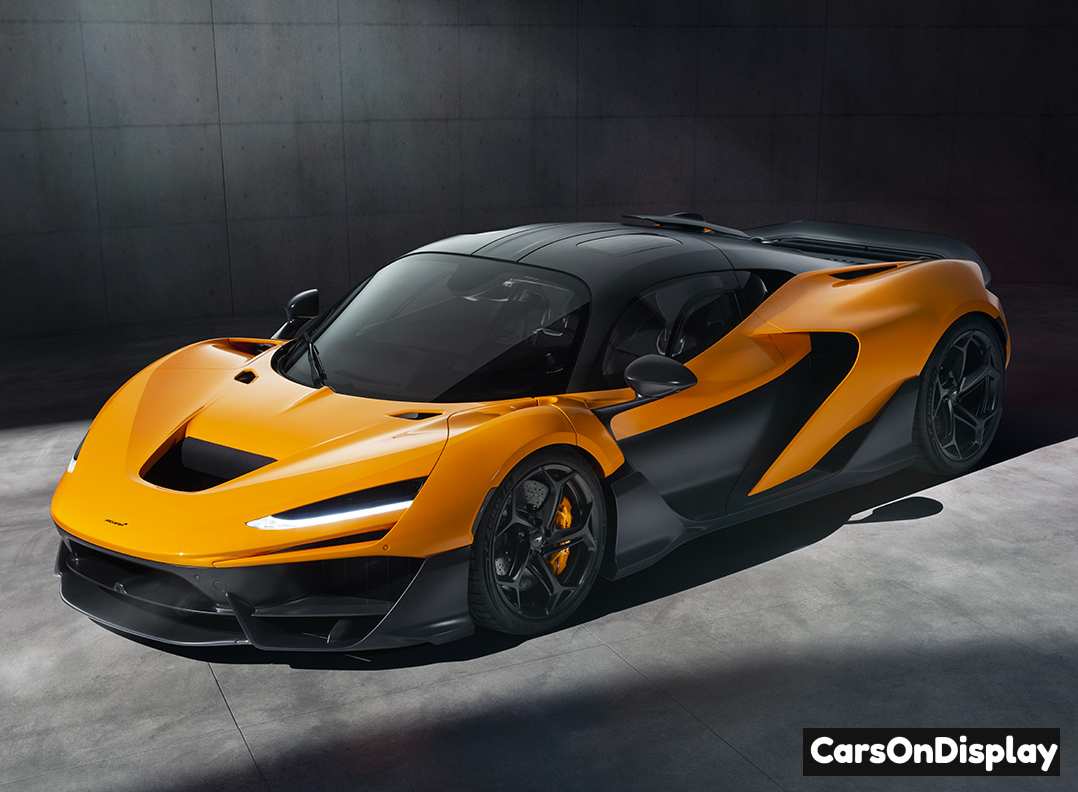
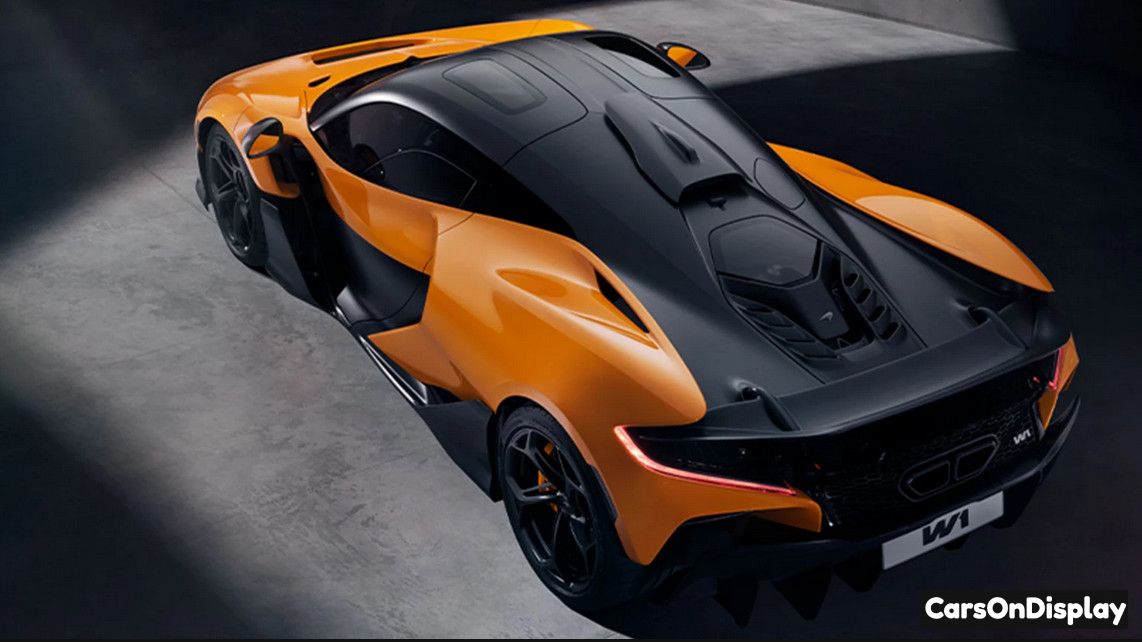
The McLaren W1 raises important questions about the future of hybrid supercars. With its combination of high performance and innovative technology, it shows that hybrid vehicles can deliver thrilling driving experiences. As the automotive industry shifts toward more sustainable options, the W1 sets a benchmark for what we can expect from future hybrids. Its limited production and unique features make it a standout model that enthusiasts will want to watch closely. The W1 might just be a glimpse into a new era for supercars, where speed and efficiency go hand in hand.

Design and features
The McLaren W1 features a striking design that showcases the brand's signature aesthetics. With extensive use of carbon fiber and 3D-printed components, the vehicle is not only lightweight but also structurally sound. The aggressive exterior is complemented by a cockpit designed with a Formula One influence, featuring a driver-focused layout and high-quality materials.


Aerodynamics and downforce
A key highlight of the W1 is its advanced aerodynamic design. The car incorporates ground-effect aerodynamics, making it only the second road car to do so after the Aston Martin Valkyrie. The W1 generates a remarkable 1,000 kg of downforce in its most dynamic mode. Its Active Long Tail rear wing extends to enhance downforce without increasing drag, contributing to stability and predictability during high-speed cornering.

Powertrain and performance
Powering the McLaren W1 is a hybrid system that includes a 4.0-litre twin-turbo V8 engine delivering 928 hp and a 347 hp electric motor. This innovative powertrain enables the car to achieve 0-100 km/h in just 2.7 seconds, with impressive acceleration times of 5.8 seconds to 200 km/h and 12.7 seconds to 300 km/h. The W1's 1.38 kWh battery not only enhances performance but also offers the capability for electric-only driving up to 2 km.

Driving modes
The W1 is equipped with various driving modes that cater to different driving conditions. Comfort mode focuses on a smooth ride, while Race mode unlocks the car's full performance potential. The car's suspension system, McLaren Race Active Chassis Control III, adapts to provide the best handling whether on the road or the racetrack.

Interior comfort and usability
Inside the McLaren W1, comfort is prioritized alongside performance. The cockpit is designed for optimal visibility and driver ergonomics. Key features include:

Adjustable pedals and steering wheel
- An 8-inch touchscreen for connectivity
- Storage space for two weekend bags or helmets behind the seats
- McLaren promises that the W1 will be usable in everyday conditions, unlike many hypercars that can feel impractical.

Key specifications
| Category | Specification |
|---|---|
| 0-100 km/h (0-62 MPH) | 2.7 seconds |
| 0-200 km/h (0-124 MPH) | 5.8 seconds |
| 1/4 Mile (0-400m) | < 9.6 seconds |
| Top Speed | 350 km/h (217 MPH) |
| 100-0 km/h (62-0 MPH) | 29 m (95 ft) |
| 200-0 km/h (124-0 MPH) | 100 m (328 ft) |
| Powertrain | V8 90° 4.0L |
| Technology | Twin-turbocharged V8 high-performance hybrid |
| Max Power | 1275 PS (1258 bhp) |
| Max Torque | 1340 Nm (988 lb-ft) |
| Transmission | 8-speed DCT with E-Reverse |
| Suspension Type | McLaren Race Active Chassis Control III with visible inboard active heave suspension, 3D printed and titanium suspension components, rear active drop links and adaptive damping; Front and rear aluminium double wishbones |
| Differential | Longitudinal mid-engined, RWD |
| Brakes | McLaren Carbon Ceramic Racing+ brake system; 390mm carbon ceramic brakes; 6 piston Forged Monobloc Front Calipers; 4 piston Forged Monobloc Rear Calipers; Integrated EPB |
| Aerodynamics | Ground effect aerodynamics with active front splitter and McLaren Active Long Tail |
| Dry Lightest | 1,399 kgs (3,084 lbs) |
| Fuel Tank Capacity | 62 litres (16 UK gallons / 19 USA gallons) |
| Luggage Capacity | 118/87 litres (wet/DIN) |
| CO2 Emissions (EU WLTP) | < 310 g/km |
| Electric Range | 2 km (1.6 mi) |

Limited production and availability
Production of the McLaren W1 is limited to 399 units, all of which have already been sold, with deliveries set to begin in 2026. Each vehicle comes with a four-year service plan, including twelve-month service intervals, ensuring ongoing support for owners.


Conclusion
The McLaren W1 raises important questions about the future of hybrid supercars. With its combination of high performance and innovative technology, it shows that hybrid vehicles can deliver thrilling driving experiences. As the automotive industry shifts toward more sustainable options, the W1 sets a benchmark for what we can expect from future hybrids. Its limited production and unique features make it a standout model that enthusiasts will want to watch closely. The W1 might just be a glimpse into a new era for supercars, where speed and efficiency go hand in hand.
